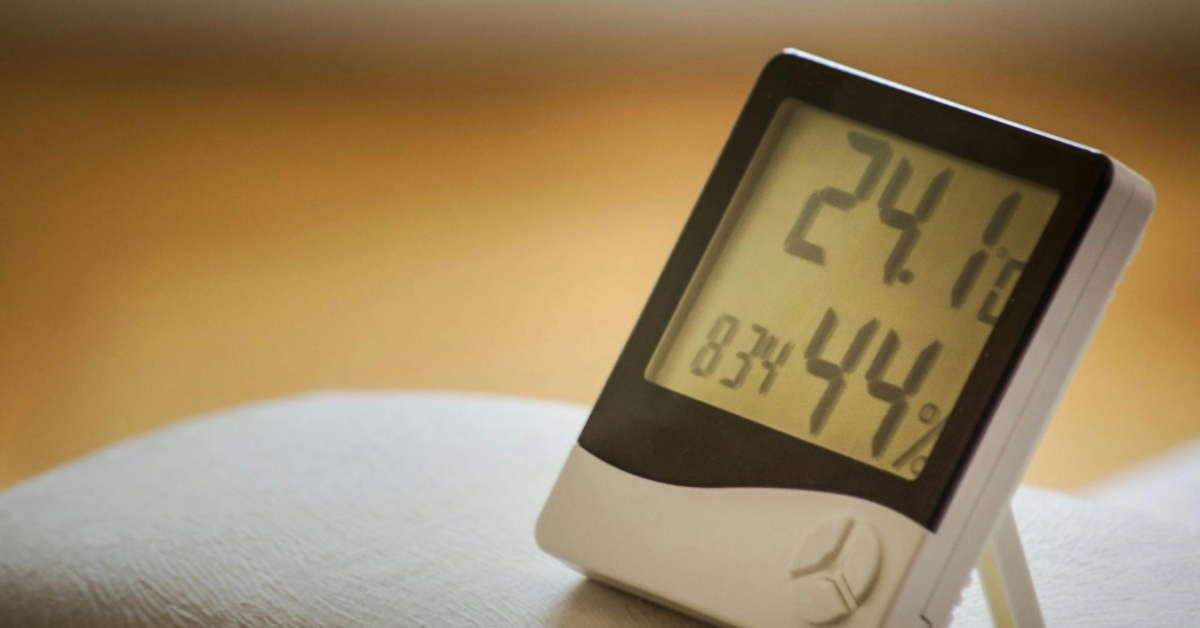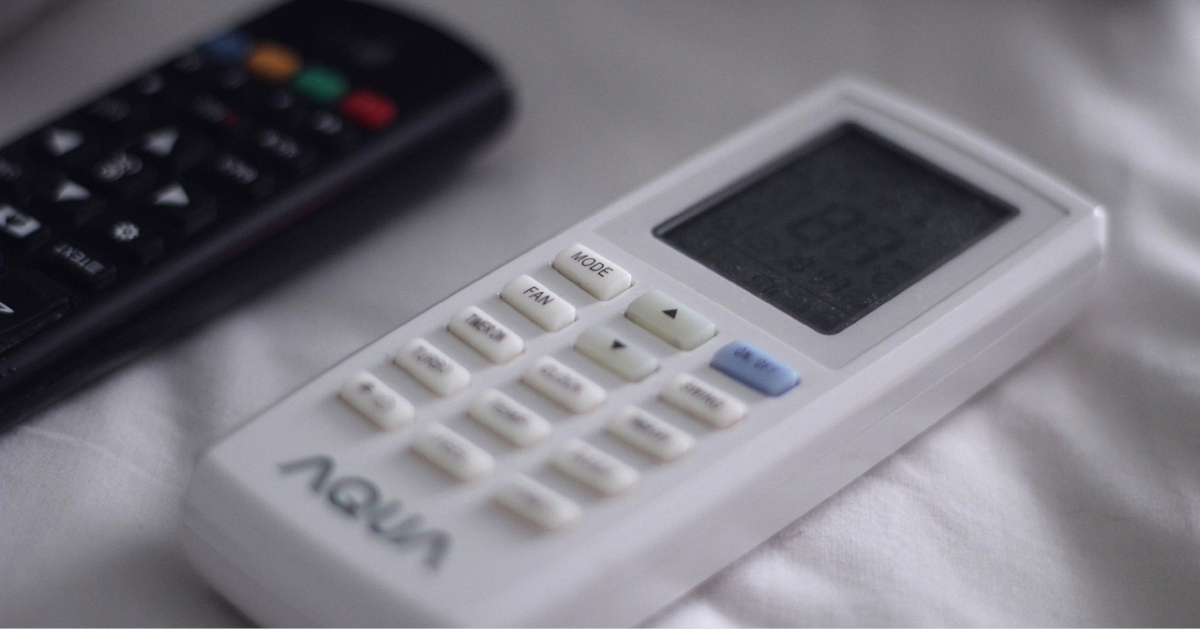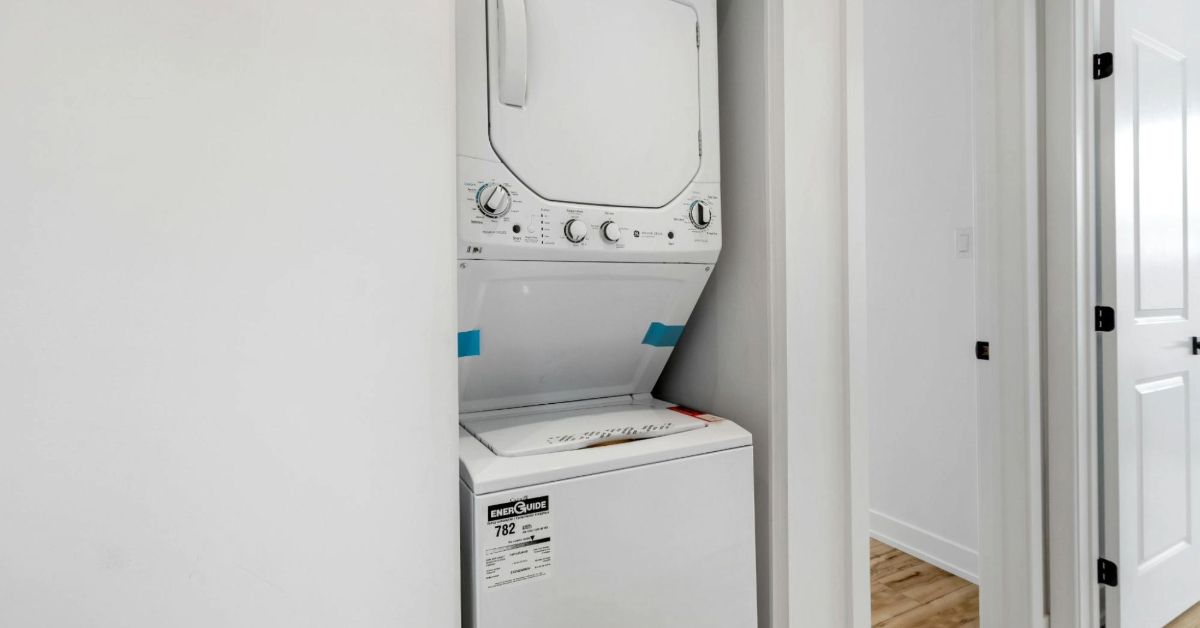Humidity is a common aspect of life in the UAE, particularly in coastal cities such as Dubai, Abu Dhabi, and Sharjah. But high indoor humidity isn’t just annoying. It can damage furniture, cause mould, and even affect health.
The good news is that you can take steps to reduce humidity at home. By understanding the problem and employing a few simple strategies, you can maintain a cool, dry, and comfortable home. Let’s walk through how you can reduce humidity in your UAE home.
- Understanding humidity issues in UAE homes
- Optimal indoor humidity levels
- Key steps to reduce humidity in the home
- Tips specific to UAE living
- Product recommendations
- Common mistakes to avoid
- Key takeaways
- FAQs

Understanding humidity issues in UAE homes
The UAE’s coastal climate means that indoor humidity can easily spike above 70%. Even when the air feels dry outside, moisture can creep into homes through walls, windows, and ventilation systems.
If you don’t control it, high humidity can:
- Cause mould and mildew on walls and ceilings
- Make wood swell and metal rust
- Make your home feel hotter and stuffier
- Trigger allergies or asthma because of dust mites
Humidity can also make your home unsafe and damage your belongings over time.
Optimal indoor humidity levels
For your comfort and health, aim for indoor humidity between 40% and 60%. This range helps keep your home pleasant and prevents mould.
- Above 60%: You risk mould, bacteria, and dust mites
- Below 30%: Air can feel too dry, causing itchy skin or throat irritation
Accordingly, maintaining a balanced humidity level is key.
Key steps to reduce humidity in the home
1. Use a dehumidifier
A dehumidifier is the fastest way to lower moisture in your home. It pulls water from the air and stores it in a tank or drains it automatically.
- For small spaces like bedrooms or bathrooms, choose a portable model
- For larger homes, consider a whole-house or ducted system
- Look for continuous drainage so you don’t have to empty the tank every day
Some modern dehumidifiers feature eco modes that conserve energy while maintaining a dry environment in your home.
2. Make the most of your air conditioner
Besides cooling air, an AC also removes moisture. But it works best when it’s well-maintained.
- Clean or replace filters every 2–3 months
- Schedule maintenance twice a year to clean coils and check refrigerant
- Don’t set temperatures too low, which can cause condensation
If your AC alone isn’t enough, a dehumidifier can handle the rest.
Check out the Best AC Repair Companies for Your Homes in Dubai.

3. Improve ventilation
Good airflow helps prevent moisture from building up. Improve ventilation by:
- Using exhaust fans in bathrooms, kitchens, and laundry rooms
- Leaving fans on for a few minutes after cooking or showering
- Opening windows when the outdoor humidity is lower than indoors
In summer, keep windows closed if it’s humid outside and rely on fans and AC instead.
4. Seal air leaks and insulate properly
Humidity sneaks in through gaps around windows, doors, and vents. Sealing these leaks is a simple and effective solution.
- Use weatherstripping, caulk, or door sweeps to close gaps
- Add insulation to prevent condensation on walls and ceilings
Older villas may have cracks in ductwork or walls. Fixing these keeps ACs efficient and the air dry.
5. Fix plumbing leaks immediately
Even small drips can add moisture to a home. Check for leaks under sinks, behind toilets, and near water heaters.
If you spot water, repair the issue immediately. Wipe up any standing water to prevent mould. These minor fixes save a lot of trouble later.
6. Use moisture absorbers
In closets, bathrooms, or storage areas, try moisture absorbers like:
- Silica gel packs
- Calcium chloride crystals
- Rock salt in a bowl
They’re cheap, easy to use, and help prevent damp spots in small spaces.
7. Dry clothes outdoors or use a vented dryer
Drying clothes indoors can raise humidity by 30% or more. If you don’t have a balcony or outdoor space, consider using a vented dryer or placing a dehumidifier nearby. This simple step makes a huge difference in indoor air quality.

8. Keep your home clean
Dust and dirt hold moisture, providing a perfect environment for mould to grow. Regular cleaning can reduce humidity problems.
- Vacuum weekly with a HEPA filter
- Wipe down kitchen counters and bathroom surfaces
- Focus on bathrooms, kitchens, and upholstered furniture
9. Be selective with indoor plants
Some indoor plants, like the Areca Palm, release moisture into the air. Too many plants in small rooms can raise humidity.
- Keep only a few plants indoors
- Use well-draining soil
- Avoid overwatering
A few well-chosen plants can freshen your home without making it sticky.
10. Monitor humidity levels
Checking humidity regularly helps you catch problems early before mould or damage develops. A hygrometer tells you the exact humidity in your home. For convenience, a humidistat can connect to your AC or dehumidifier and adjust automatically.
Tips specific to UAE living
Here are some tips for your home:
- Choose dehumidifiers and AC units designed for humid climates
- Get professional help if mould or condensation keeps coming back
- Maintain ACs and exhaust fans regularly, as dust can reduce their efficiency
If you live near the coast, a whole-home dehumidifier may be the best investment for year-round comfort and humidity control.

Product recommendations
Here are some tools that can help you fight humidity:
- Portable dehumidifiers for bedrooms or bathrooms
- Whole-house systems for larger villas
- Moisture absorbers for closets and storage
- Hygrometers and humidistats for tracking indoor moisture
Look for energy-efficient models to save on electricity.
Common mistakes to avoid
Even small mistakes can ruin your efforts to control humidity. Watch out for the following:
- Skipping AC and fan maintenance
- Drying clothes indoors during humid months
- Overwatering plants or keeping too many indoors
- Ignoring leaks or water spills
- Opening windows when it’s humid outside
Avoiding these habits keeps your home fresh, dry, and healthy.
Key takeaways
High humidity is normal in the UAE, but you don’t have to suffer. The best way to manage it is by combining prevention and maintenance. Use dehumidifiers and ACs properly, seal leaks, clean regularly, and monitor humidity with a hygrometer. Minor fixes, such as moisture absorbers or outdoor drying, also make a significant difference.
If humidity continues to be a recurring problem, don’t hesitate to seek professional help. With the right approach, your home can be cool, dry, and comfortable throughout the year.
FAQs
It’s good to keep it between 40–60% to feel comfortable and prevent mould growth.
They work best together. Dehumidifiers remove moisture directly, while ACs cool and help reduce humidity.
Every 3–6 months is best, especially before and after the summer season.
Yes, it does as it adds a lot of moisture so it’s ideal to always dry outdoors or use a vented dryer.
